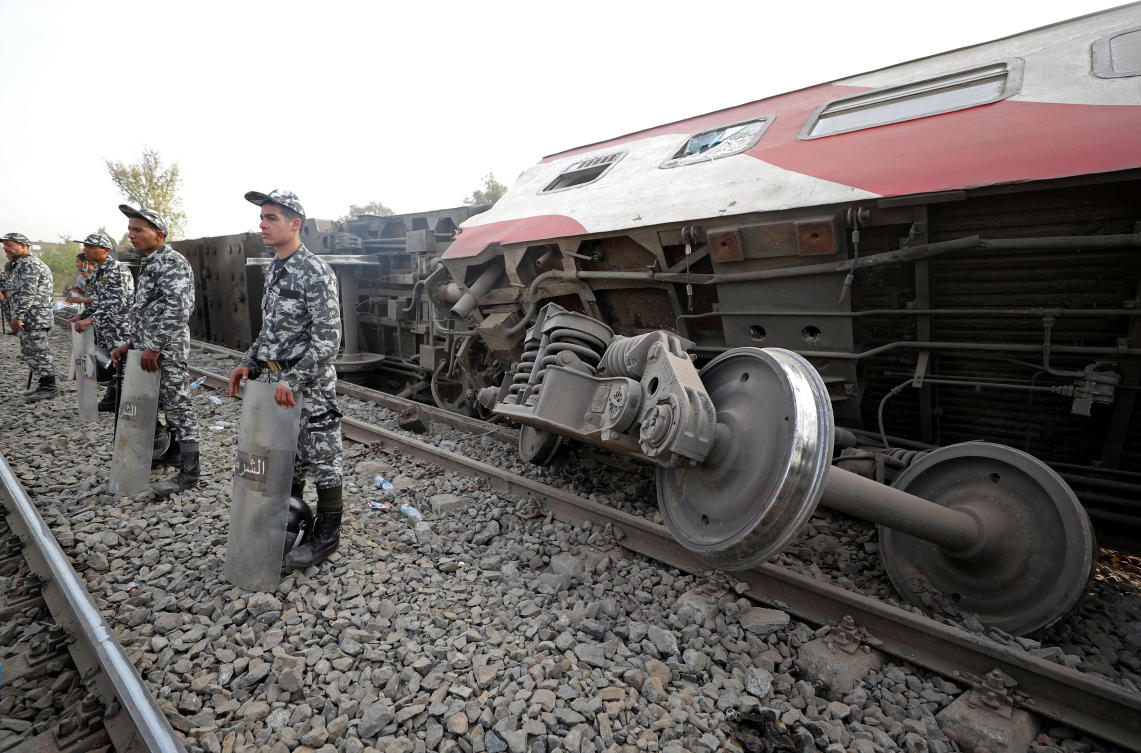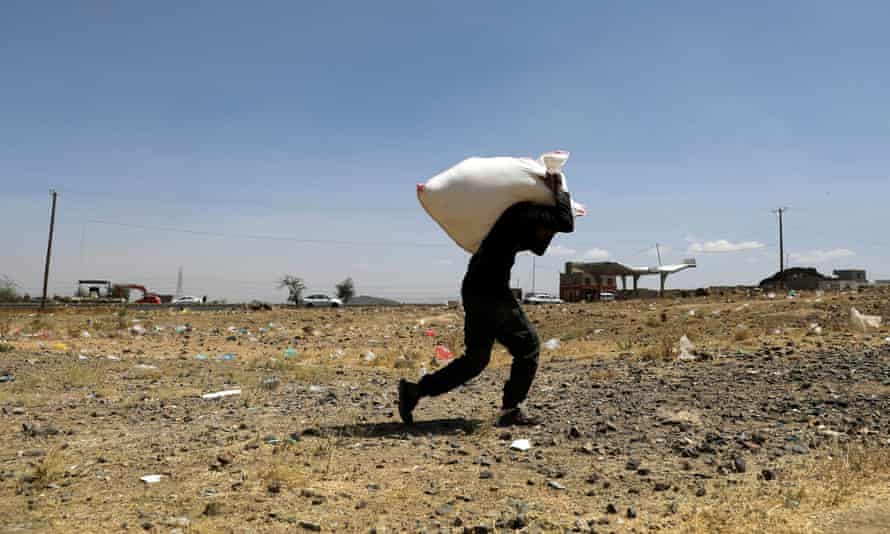Lebanese ration cards considered despite no data on number of poor families
BEIRUT: Subsidized food commodities are disappearing from store shelves minutes after being replenished, as people rush to stores amid talks about lifting subsidies by the end of Ramadan.
Caretaker Finance Minister Ghazi Wazni said in early April that the Lebanese Central Bank Gov. Riad Salameh informed him that “Lebanon’s mandatory reserves to fund basic imports will run out by the end of May.”
He also warned that “delays in launching a plan to reduce subsidies are costing the country $500 million a month.”
On Wednesday, a debate emerged about giving ration cards to struggling families. The card would accompany the lifting of subsidies to provide social safety.
President Michel Aoun met with a joint delegation of the Parliamentary Committee for National Economy, Trade, Industry and Planning and the Economic and Social Council.
The delegation handed Aoun a policy paper that considered an “entry point to redirect subsidies.”
The paper was written with the participation of some ministers and other representatives of parliamentary blocs and political parties.
According to Aoun’s media office, the paper suggested two strategies. It said the government should “enforce a number of urgent measures for 12 months, addressing gasoline, fuel oil, gas, medicine, wheat, electricity, and the rest of products, as well as working on reducing the public sector’s expenditures in dollars and shifting the current subsidy policy into providing direct cash assistance, in line with the measures to gradually lift subsidies.”
The media office added that the paper said the government must focus on “implementing rapid complementary actions that accompany the start of the gradual lifting of subsidies,” in line with agreements with the International Monetary Fund and “based on an integrated government rescue, rehabilitation and recovery program, and implementing the required reforms so that the social protection strategy becomes part of the program.”
A source at the Finance Ministry told Arab News that the debate was “a precursor to a basic requirement: Providing data and financing.”
Until now, the Ministry of Social Affairs has not provided data on the poorest families which could be used for the issuing of ration cards.
The source added: “Lebanon’s caretaker Prime Minister Hassan Diab visited Qatar two days earlier to ask for financing. However, and despite Qatar’s empathy toward supporting Lebanon, funding needs agreements, which are unavailable as long as there is no statistical data about the needy people.”
The national currency has lost 85 percent of its value since the end of 2019, resulting in more than half the population falling into poverty.
Politicians have not agreed on a rescue plan or a new government since the resignation of Diab’s cabinet in August 2020.
The source said that the state’s obligatory reserves stand at $15 billion, which is made of the hard currency deposits that local lenders have placed at the Central Bank.
Lebanon has spent $1 billion on subsidies.
The source added: “Any next steps require a government decision. The Central Bank governor cannot act alone as he is following the government’s instructions in this context.”
Participants in the policy paper have estimated that the number of needy families ranges between 750,000 and 800,000. They said that if subsidies are lifted and the ration cards adopted, $6 billion will be saved from the annual expenditure.
The paper comes as fears grow over the financial collapse leading to further hunger and unrest.
The Crisis Observatory at the American University of Beirut said in a report obtained by Arab News that “the weekly monitoring of the prices of 17 goods chosen as an approximate sample of food constantly needed by Lebanese families from vegetables, fruits, grains, meat, oils and dairy products, prices have significantly increased from January 2020 to April 2021, with the exception of flour.”
It added: “There is a continuous and significantly growing increase in the prices of oils, meat, sugar, fruits and vegetables, and the prices are prominently related to the dollar exchange rate in the black market, even when it comes to local produce such as vegetables, fruits, eggs, olives oil and dairy products.”
Head of Syndicate of Food Importers in Lebanon Hani Bohsali — who previously headed the delegation of importers that met with Salameh — told Arab News that the Central Bank governor “assured us that the products that were approved for subsidization will be subsidized, noting that subsidized products have lately diminished from 300 to 100 products, and not all of them are products that people need on a daily basis.”
Bohsali noted that “traders import unsubsidized goods which are required in the market, and we still import from the same sources. However, some traders are importing goods that are cheaper for consumers, in line with people’s purchasing capacity.”

Lebanon schools to reopen in cooperation with the Red CrossJudge orders release of 6 detained over Lebanon port blast



